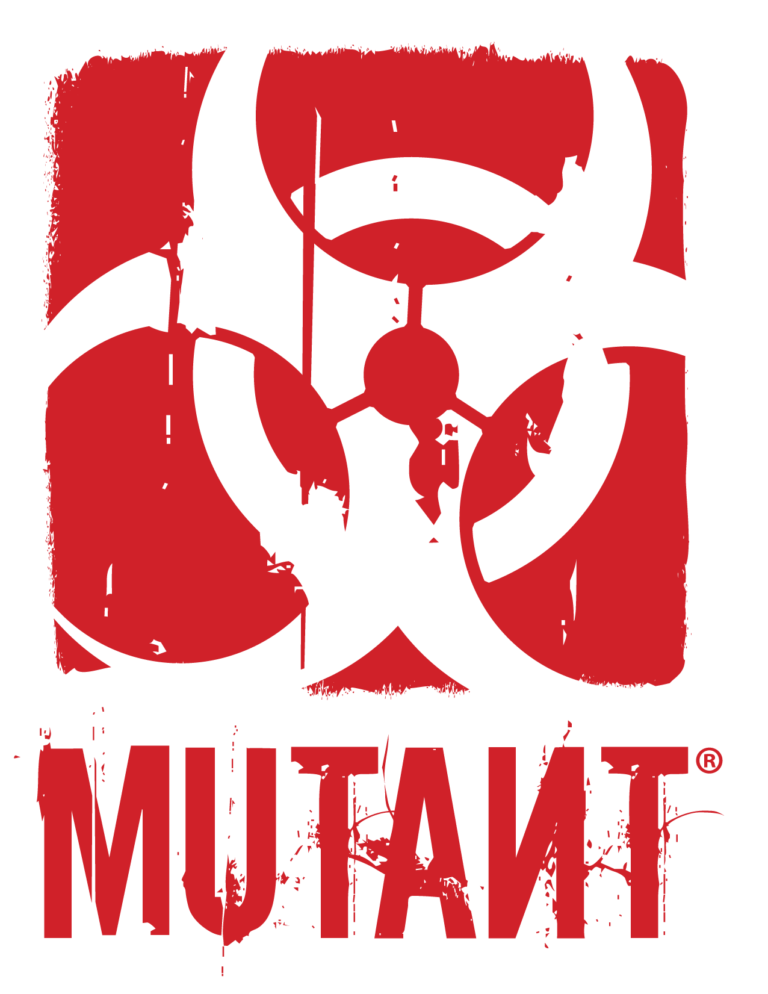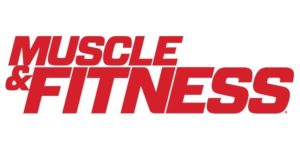By: Matt Weik
Yes, you read the title correctly. Your over-the-counter allergy meds could actually be diminishing your potential muscle gains. Now don’t read this and say “I don’t care how bad I feel, I’m not taking any medication for my allergies.” That’s not what this article is all about, nor does it make sense if you’re suffering from the nasty symptoms associated with seasonal allergies. However, be aware that OTC medications like Allegra may impede your recovery after a workout if you don’t follow the directions on the packaging.
Spring and Summer seem to bring out the worst in people with allergies. Allergy sufferers fight back a runny nose or congestion, watery eyes, and sneezing with the changing of seasons. Things end up getting so bad that we can’t help but reach for a bottle of pills to combat the symptoms long enough for us to have a productive day and get a good night’s sleep —let alone breathe normally without feeling like your head might explode each time you sneeze. These same pills (antihistamines) can actually have a negative effect on those individuals who exercise regularly if the medication is abused.
A study by the University of Oregon found that giving subjects an OTC antihistamine such as Allegra around an hour before a resistance training workout reduced the body’s recovery response post workout by around 27%.
They mentioned that on average, after a workout, that around 3,000 genes go to work to help boost blood flow to the muscles which in turn aids in the overall muscle recovery process. By limiting the recovery response due to the antihistamine, it decreases muscle-protein synthesis resulting in the muscle fibers not properly being given the nutrients they need to fully recover. What does this mean with continued use of the antihistamine to combat the effects of allergies? Less muscle gains.
I know what you’re all asking yourself… How does an antihistamine reduce the recovery response post workout, not allowing for protein synthesis to take place? In order to not get too technical, in a nutshell, antihistamines actually block a chemical released by your immune system called histamine (“anti” “histamine” medication, makes sense right?). Histamine actually helps draw immune cells to the muscles to help repair and rebuild the torn down muscle fibers.
Don’t get too stressed out though. The study conducted used a higher than normal dosage than what is recommended and was given for more than a week. That being said, there are some folks out there who either can’t read or refuse to listen to directions clearly stated on packaging and use more than directed. For those people, you can pretty much kiss your gains in the gym goodbye while using the OTC antihistamine for weeks at a time. But for those of you who made it through elementary school and can read/follow directions, you should be fine according to the study if you use the recommended dosage short-term (anywhere from a couple days to around a week).
The researchers noted that more studies are needed on the effects of antihistamines using the recommended dosages, but for the time being it seems that if you can follow directions, you should have no issues keeping your gains when exercising and using an antihistamine to fight off seasonal allergies. You could always go the route of asking your doctor for other methods to subside the effects of allergies, such as an allergy shot.
Source: Romero S, Hocker A, Mangum J, Lutterell M, Turnbull D, Struck A, et al. Evidence of a Broad Histamine Footprint on the Human Exercise Transcriptome. The Journal of Physiology. 2016.
Looking for more research spotlights? Visit the IML Blog!
The IML Research Blog here at DigitalMuscle.com is presented by IRONMAG LABS. Be sure to check back often for great info and special opportunities to purchase the latest products from the IML line of hardcore supplements.






